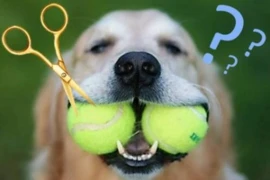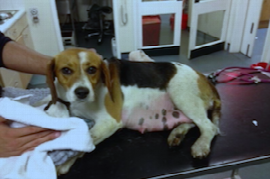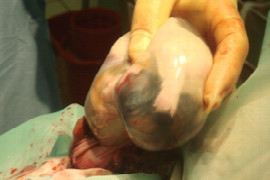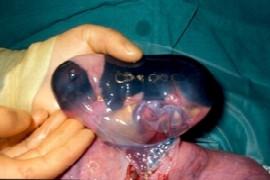Damned if you do damned if you don't - A new perspective on pet desexing
(incl. tax)
This webinar provides information about the long-term health concerns associated with gonadectomy in dogs and cats and offers alternatives to surgical desexing.
The desexing of dogs and cats is promoted for population control, preventative healthcare, and behaviour modification. For the longest time “Spay and neuter early! Spay and neuter everything!” has been a policy that was followed blindly by many vets and pet owners. Being labelled a “standard procedure”, gonadectomy in dogs and cats is one of the most frequently performed procedures in veterinary practice and pet owners feel strong social as well as legal pressure to spay or neuter.
Only in recent years a series of research programs has begun to show the long-term health concerns associated with orchiectomy and ovariectomy in dogs and cats, resulting in a paradigm shift regarding surgical gonadectomy in many countries.
The aim of this webinar is to give an overview of the physiological consequences of gonadectomy in dogs, provide information on alternatives to surgical desexing and encourage veterinary practitioners to make individual recommendations based on risk-benefit assessment.
This program has been approved for 1 hour of continuing education credit in jurisdictions that recognize RACE approval. (Pending)
Recording from 21 March 2024

Dr. Nadine Apteker
Nadine Apteker is a 2012 graduate of the veterinary medicine programme at LMU Munich. After finishing her studies she obtained a position as assistant at the Division for Obstetrics, Gynaecology and Andrology at the Centre for Artificial Insemination and Embryo Transfer at Vetmeduni Vienna.
After one year of rotating clinical work in the subfield of reproductive medicine in small animals, equine and farm animals, she was accepted into a PhD programme as well as a residency programme by the European College of Animal Reproduction. In 2016 she completed successfully both her PhD and residency and attained her Diploma as veterinary specialist in animal reproduction.
Nadine moved to South Africa in 2017 where she started working for the Cape Animal Fertility Clinic, focusing on equine and canine reproduction. She is passionate about sharing and exchanging knowledge and is actively involved with local welfare organizations and volunteer sterilization programmes.



